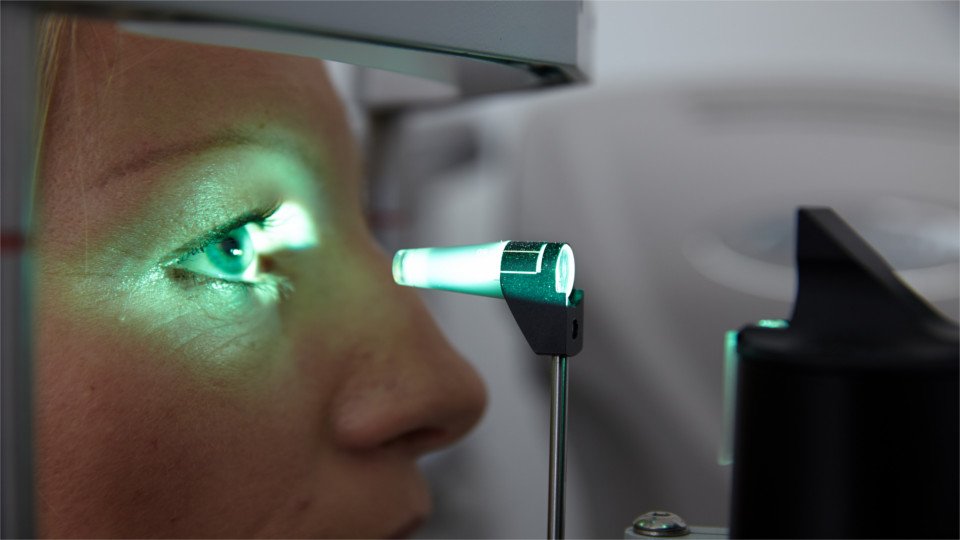South Korea is renowned worldwide for its advanced eye care services, especially when it comes to Implantable Collamer Lens (ICL) surgery. For international patients considering this highly effective and safe vision correction procedure, understanding the treatment journey can help ease any concerns and make the experience smoother.
This step-by-step guide explains what you can expect as an international patient traveling to Korea for ICL surgery—from initial consultation to post-operative care.
Step 1: Initial Inquiry and Online Consultation
Before traveling, many Korean eye clinics offer online consultations. You will be asked to:
- Submit your current eye prescription and any relevant medical history.
- Provide recent eye examination reports or diagnostic images if available.
- Participate in a virtual video consultation with a specialist to discuss your candidacy for ICL, expected outcomes, and costs.
This step helps you get a preliminary evaluation and schedule your surgery dates ahead of time.
Step 2: Arrival and In-Person Eye Examination
Upon arriving in Korea, you will visit the clinic for a comprehensive eye examination that includes:
- Detailed measurements of your cornea, anterior chamber, and eye pressure.
- High-resolution imaging and tomography scans.
- Assessment of pupil size and eye health.
- Discussion of the surgical procedure and personalized treatment plan.
The specialist will confirm if you are an ideal candidate for ICL surgery or if alternative treatments like LASIK might suit you better.
Step 3: Pre-Surgery Preparation and Scheduling
Once you are cleared for surgery:
- The clinic will schedule your surgery date, often within a few days.
- You will receive pre-operative instructions, such as avoiding eye makeup, contact lenses, and certain medications.
- You may be prescribed antibiotic eye drops to use before surgery to reduce infection risk.
- You’ll get detailed information about the procedure, anesthesia (usually topical), and what to expect during recovery.
Step 4: ICL Surgery Day
ICL surgery is typically a quick, outpatient procedure lasting about 20–30 minutes per eye. Here’s what to expect:
- You arrive at the clinic and complete pre-op paperwork.
- Numbing eye drops are administered.
- The surgeon makes a small incision and implants the Collamer lens behind your iris.
- The procedure is painless, and sedation is generally not required.
- Most patients have one eye done per session or both eyes in the same visit depending on the surgeon’s advice.
Step 5: Immediate Post-Operative Care
Right after surgery:
- You will rest briefly in a recovery area.
- The doctor will examine your eyes to ensure proper lens positioning.
- You’ll receive protective eye shields or goggles.
- The clinic staff will provide you with post-op eye drops (antibiotics and anti-inflammatories).
- You’ll get instructions on how to use the medications, eye hygiene, and activities to avoid.
Step 6: Recovery Period in Korea
Recovery from ICL surgery is generally rapid:
- Most patients notice improved vision within 24 to 48 hours.
- You should avoid rubbing your eyes, swimming, and strenuous exercise for at least a week.
- Follow-up appointments are scheduled within 1 week and 1 month to monitor healing.
- Clinics often provide multilingual support to answer any questions during your stay.
- Many international patients stay in Korea for about 5 to 7 days to complete surgery and initial follow-ups.
Step 7: Returning Home and Long-Term Care
Before leaving Korea:
- You’ll receive a detailed medical report including surgical details and post-op care instructions.
- The clinic may arrange virtual follow-up consultations after your return home.
- Continue using prescribed eye drops and avoid eye strain.
- Schedule regular eye check-ups with your local ophthalmologist to monitor lens condition and overall eye health.
Additional Tips for International ICL Patients
- Choose a clinic with international patient services, including airport pickup, translation, and accommodation assistance.
- Verify that the surgeon has experience with ICL and uses the latest FDA-approved lenses.
- Ask about insurance coverage or package deals designed for medical tourists.
- Ensure you have enough recovery time planned in Korea before flying home to minimize complications.
Final Thoughts
ICL surgery in Korea offers international patients access to cutting-edge eye care with excellent safety records and high patient satisfaction. By understanding each step—from consultation through recovery—you can confidently plan your vision correction journey and enjoy clear sight combined with a seamless medical travel experience.




